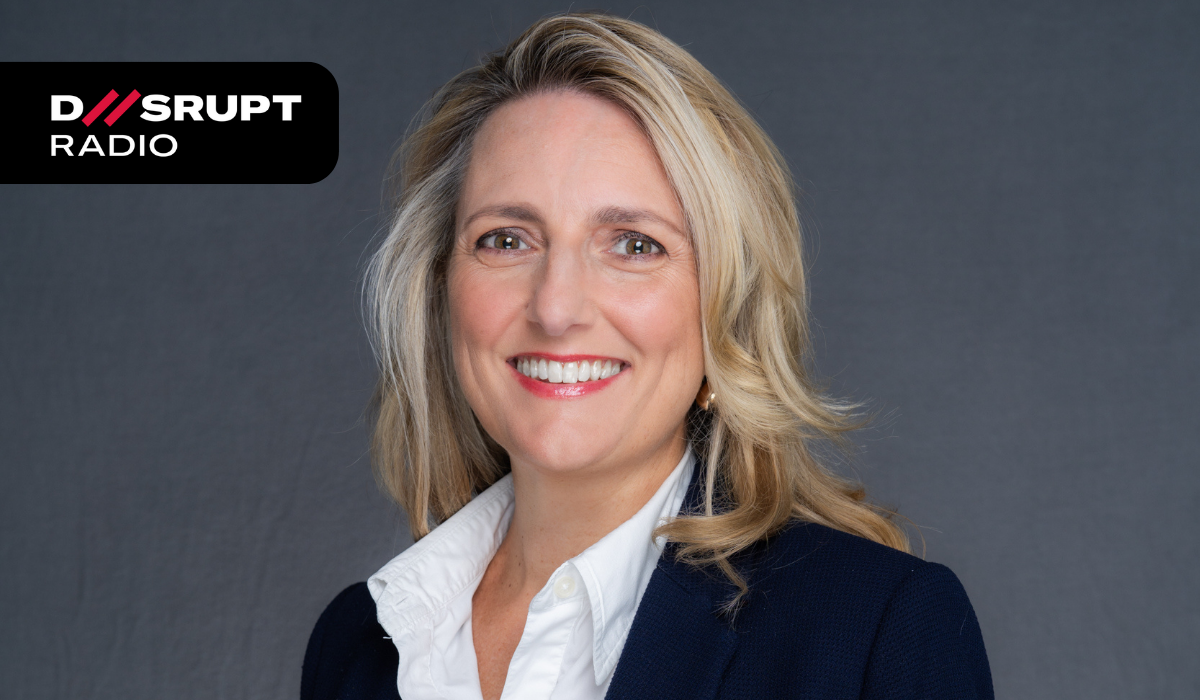
“What hasn’t been as fully understood or invested in is how wider caring policies within an organisation can really support attraction and retention, but also the productivity gains that come with it.”
Emma Walsh
CEO, Parents At Work
 Family-friendly policies are no longer a luxury but a necessity in today’s diverse and evolving workplace. This was the central theme of a recent interview on Disrupt Radio’s Enterprise Breakfast show, hosted by Elizabeth Kulas, featuring Emma Walsh, CEO of Parents At Work. The discussion highlighted the critical importance of creating work environments that support employees juggling work and family responsibilities, including those belonging to the sandwich generation—individuals caring for both their children and elderly parents.
Family-friendly policies are no longer a luxury but a necessity in today’s diverse and evolving workplace. This was the central theme of a recent interview on Disrupt Radio’s Enterprise Breakfast show, hosted by Elizabeth Kulas, featuring Emma Walsh, CEO of Parents At Work. The discussion highlighted the critical importance of creating work environments that support employees juggling work and family responsibilities, including those belonging to the sandwich generation—individuals caring for both their children and elderly parents.
Social entrepreneur and HR expert, Emma Walsh founded Parents At Work in 2007 with a straightforward mission: to create workplaces that better support people in balancing work and family life. It advises, educates and certifies workplaces to adopt family-friendly provisions. The organisation’s goal is to advance inclusion, gender equality and wellbeing outcomes for businesses and families.
Despite the simplicity of this mission, Walsh acknowledged the significant challenges and slow progress in changing deeply entrenched workplace cultures and policies around flexibility and caregiving.
One of the key points Walsh emphasised is the clear business case for family-friendly policies. Flexible working hours, childcare support, and comprehensive parental leave not only foster a better work-life balance but also reduce absenteeism and boost productivity. Despite this, many organisations remain slow to adopt these policies, often due to cultural norms and misconceptions about the costs involved.
Walsh highlighted that flexible working arrangements lead to a more diverse workforce, which in turn supports talent attraction and retention. Additionally, comprehensive caring policies can significantly enhance productivity. These policies are not just about supporting young parents but also about accommodating the needs of an aging population and those with caregiving responsibilities.
The COVID-19 pandemic offered a unique opportunity to rethink work-life balance. With many employees working from home, there was a newfound empathy and understanding of the challenges of balancing work and family life. However, Walsh pointed out that while there was an initial shift towards supporting more flexible work arrangements, many organisations have not fully embraced these changes post pandemic by making them culturally acceptable to use without penalties or by embedding them into future of work plans. In some cases, the ability for employees take a hybrid approach to working at home and in the office are being wound back altogether.
For leaders hesitant about implementing family-friendly policies, Walsh offered practical advice. She stressed the importance of understanding the unique makeup of an organisation’s workforce and engaging employees in discussions about how best to support their work-life balance. Effective leadership and frontline management skills are crucial in developing and maintaining flexible work arrangements.
Walsh debunked the myth that flexibility comes at a high cost. In reality, research shows that flexibility and autonomy in work hours are highly valued by employees, often more than a pay rise. Organisations that invest in their employees’ work-life well-being can expect significant gains in productivity and engagement.
Walsh’s insights underscore the importance of investing in family-friendly workplace policies. These policies not only support employees in managing their personal and professional lives but also offer substantial benefits to organisations in terms of productivity, talent attraction, and retention. As Walsh aptly put it, employers must be willing to experiment and see the tangible benefits of these policies for both their employees and their bottom line.
In a world where work and family demands are increasingly overlapping, it’s clear that continued investment in family-friendly workplaces is not just beneficial—it’s essential.
To Listen to the recording visit Disrupt Radio here – 12th July 2024 episode.
To learn more about the suite of workplace solutions Parents At Work offer employers and their people click here.


